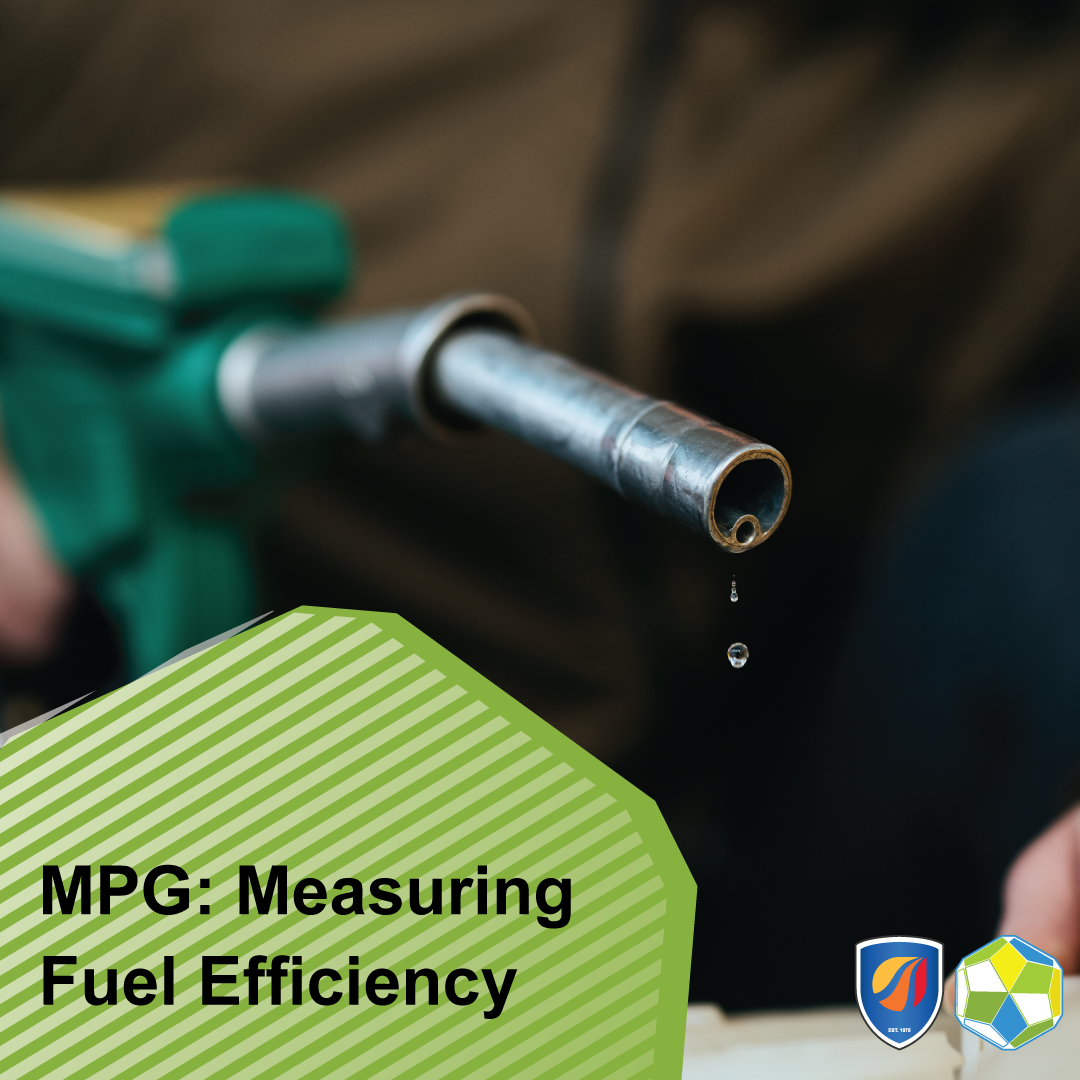 What is MPG?
What is MPG?
Miles Per Gallon (MPG), a number we’re all probably familiar with, has been used to measure fuel economy for a long time. A car with a better MPG number uses less gas because it can go farther on the same amount of gas. MPG is a simple and useful way to compare how well different cars use gas.
MPG is a good way to compare different cars, but it isn’t the best way to show how much fuel you save or how much you use. For example, it could be confusing when thinking about ways to save fuel. When you go from a 10 MPG car to a 20 MPG car, you save a lot more gas than when you go from a 30 MPG car to a 40 MPG car.
Gallons Per 100 Miles (GPM) can help with this. GPM gives a truer picture of how much fuel is used over a certain distance, which makes it easier to understand how this affects fuel costs and the environment. With GPM, it’s much easier to see how much fuel was saved in the first case.
Also, it’s important to remember that these measures only show how well the car works in perfect situations. Real-world things like how you drive, the condition of the roads, and how well you take care of your car can have a big effect on fuel efficiency.
Helpful Tips
Keeping a steady speed, not accelerating and stopping quickly, keeping your tires properly inflated, and using cruise control on roads are actions you and your drivers can take to make your vehicles use less fuel. Regular maintenance care, like changing the oil on time and making sure the engine is in good shape, can also make a big difference.
Also important is the type of fuel used. The most popular fuels are diesel and gasoline, but biofuels, renewable fuels, natural gasoline, and electricity are becoming more frequent. Each of these has a different performance rating and can be tested in a different way. For example, electric cars often use kWh/100mi (kilowatt-hours per 100 miles) to show how well they use energy.
For both economic and natural reasons, it is important to understand these measures and factors. When your car uses less gas, you go to the gas station less often which saves you money. It also causes less CO2 to be released into the air, which helps fight global warming.
We want you to think about these things when you buy your next vehicle, when considering an upgrade, or even just when you drive your vehicle every day. By learning about fuel economy and making it better, that is another way of saving time and money.
Save Even More Money with our Fuel Card Program
With good practices like keeping up with your car maintenance to help you save money and prolong your vehicle’s life, what better way to help you save on your expenses for your fleet with our fuel card program! With our program, you have access to wholesale prices on gas and diesel for all your vehicles at over 53,000 stations nationwide, along with tools to help your administrative team keep track of invoices and make IFTA declarations a breeze. Apply now and learn more today!
